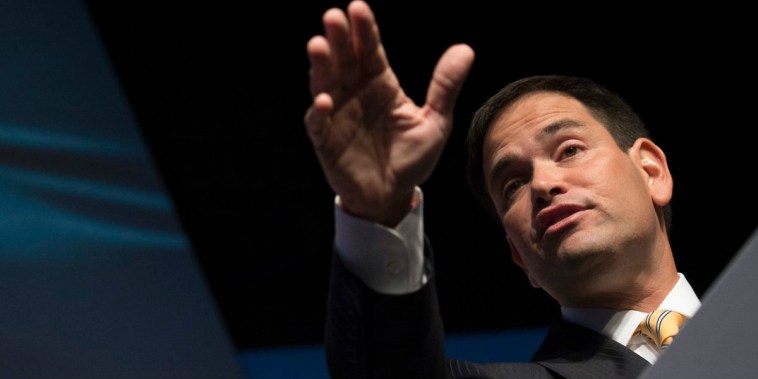Congressional Republicans have rightfully criticized President Obama time after time for pushing policies that are hostile to free enterprise. That’s why it especially odd to see them criticize the commander-in-chief for embracing diplomatic relations and easing trade restrictions with Cuba.
Videos By Rare
Sen. Ted Cruz and Sen. Marco Rubio both criticized Obama’s move as giving the dictatorial regime of Fidel and Raul Castro “international legitimacy” and resources to continue its 45-year rule.
Nothing could be further from the truth.
To the contrary, easing trade restrictions with Cuba will be a capitalist triumph over one of the last bastions of communism to the world and rekindle hope for a future of political liberty on the Caribbean island.
First and foremost, it’s important to recognize what a failure the embargo has been. If the point of the 1962 trade halt was to weaken a tyrannical communist government, then it has been utterly ineffective. The Castro regime has enjoyed five decades of continuous rule, and numerous attempts to overthrow it, like the Bay of Pigs invasion, have not worked.
The embargo has actually more likely strengthened the Castros’ grip on the island by providing anti-American propaganda to strengthen the population’s approval of their government. In many Cubans mind, the Castros’ continued rule is a middle finger to the yanquis across Gulf. Economic sanctions are likely why the US has been unsuccessful in encouraging regime change in other countries like North Korea as well.
Secondly, it’s time the US face the reality that the Cuba of today is no longer the same enemy as in the Cold War era. The island under Raul Castro’s rule have begun moderate but encouraging reforms to liberalize their economy.
In 2011, the government extinguished control over 178 professions — including taxi drivers, shop owners, and construction workers — planting the seeds for a future of entrepreneurship. Furthermore, they have allowed farmers greater access to lease government land, incentivizing hard work through the profit motive.
Finally, it’s important to remember that the greatest beneficiaries of the new diplomatic relations are not so much the Cuban government as its people.
Under President’s Obama plan, thousands of Cuban families could be reunited with their American relatives by easing travel restrictions. Furthermore, their American relatives will now be able to send up to $2,000 per year to the island to help their family members build a better life and possibly innovate. Finally, Cubans will also be able to sell select goods like their world-famous cigars and alcohol to a hungry American market.
In short, it will be a win-win for both sides of the Gulf, as free trade always is.
Besides the trade benefits, 53 American prisoners are set to be released because of this deal, most notably US intelligence source Alan Gross, who has been behind Cuban bars since 2009.
It boggles the mind to think that many Congressional Republicans would rather have their countrymen rot in jail because of outdated trade restrictions that are ineffective and antithetical to free market principles.
The 19th-century statesman Fredric Bastiat is credited as saying, “When goods don’t cross borders, soldiers will.”
Perhaps no quote better sums up the current situation with Cuba.
Although President Obama’s deal will not turn the country into a capitalist utopia overnight, increased trade is not only well-deserved given Cuba’s liberalizing reforms, but also necessary to improve the lives of millions of our fellow human beings who happened to have been born under a repressive regime.

